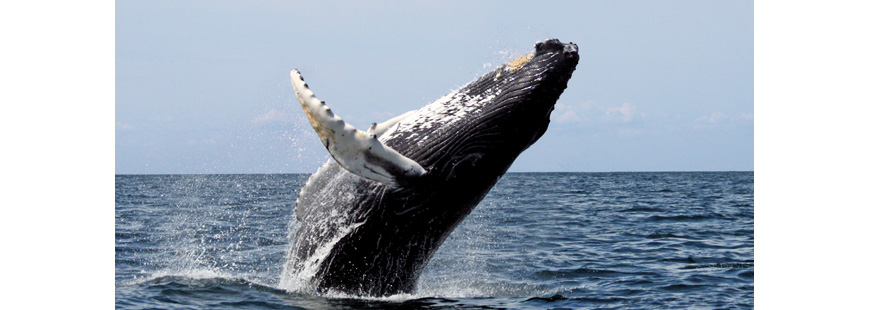At the end of December, the Biden administration released the first annual progress report on the America the Beautiful initiative. The report highlights steps the administration has taken during the past year to support locally led and voluntary efforts to conserve, connect, and restore lands and waters across the nation. Read the progress report factsheet here.
The progress report is a directive in President Biden’s Executive Order on Tackling the Climate Crisis at Home and Abroad. You can learn more about this part of the executive order in our article, Executive Order on Climate Change Takes Inclusive Approach to 30×30 Initiative.
On Jan. 3, the Biden administration opened a comment period and announced listening sessions on the development of its “American Conservation and Stewardship Atlas,” a new tool intended to provide baseline information on the lands and waters that are conserved or restored. The Atlas will “reflect a continuum of conservation actions in the America the Beautiful initiative, recognizing that many uses of lands and waters can be consistent with the long-term health of natural systems and contribute to addressing climate change and environmental injustices.”
The comment period ends March 7, 2022. The dates of the listening sessions are shown below.
Commenting
According to the request for information, the Biden administration is seeking responses from the public on the following:
Science and Data. What data sources, standards, and technical approaches should be applied to data included in the Atlas to ensure that it is an authoritative and useful tool for the public?
Conservation as a Continuum. How can the Atlas reflect the meaningful conservation work already underway in America?
- What stewardship actions should be considered, in addition to permanent protections, to capture a more complete picture of conservation and restoration in America?
- What are the attributes of lands and waters that should be included in the Atlas? Considerations could include, for example, a clearly defined geographic boundary, status of ecological function, representation of species and habitats, extent of disturbance, expected future risks from climate change or other human stressors, ecosystem connectivity, or durability of management status.
- How can the Atlas best reflect the contributions of state, local, Tribal, territorial, and private lands?
Outcomes. How can the Atlas best reflect land and water contributions to biodiversity, climate change mitigation and resilience, and equitable access to nature and its benefits?
Read the entire federal register notice and submit a written comment.
Public Listening Sessions
The interagency working group – co-led by the Department of the Interior (Department), Council on Environmental Quality (CEQ), Department of Agriculture (USDA), and Department of Commerce (DOC) through National Oceanic and Atmospheric Administration (NOAA) – will host three 90-minute public listening sessions. Sessions will be livestreamed on the Department of Interior Events page. If you would like to speak during these sessions, register in advance using the links below:


